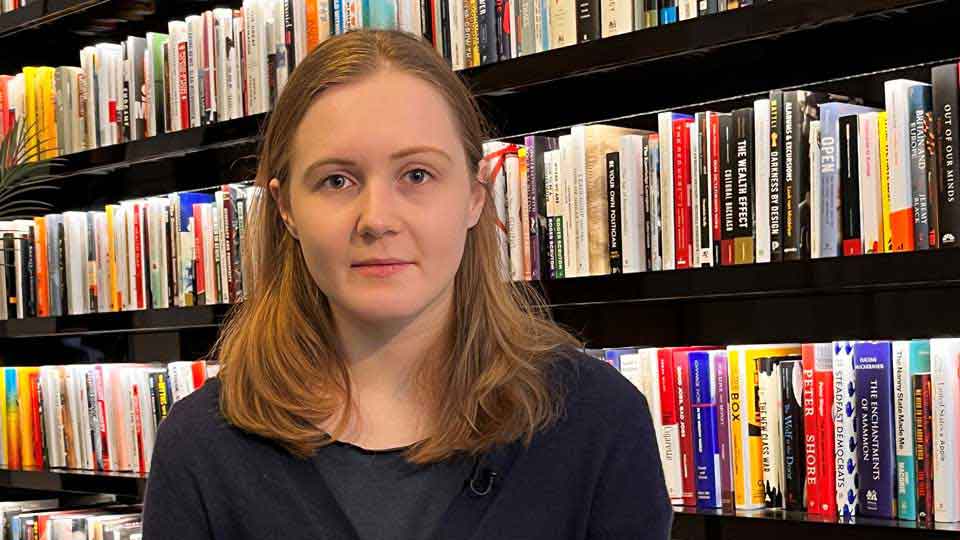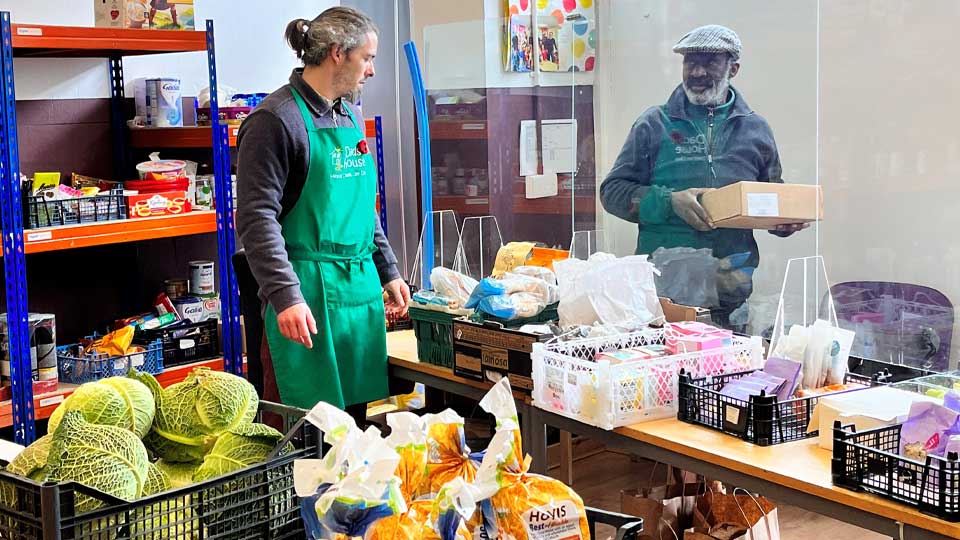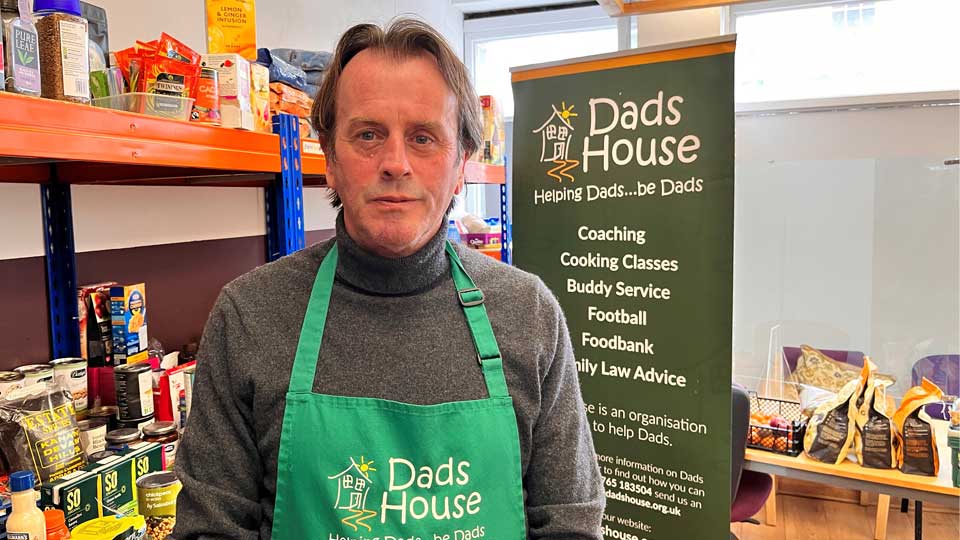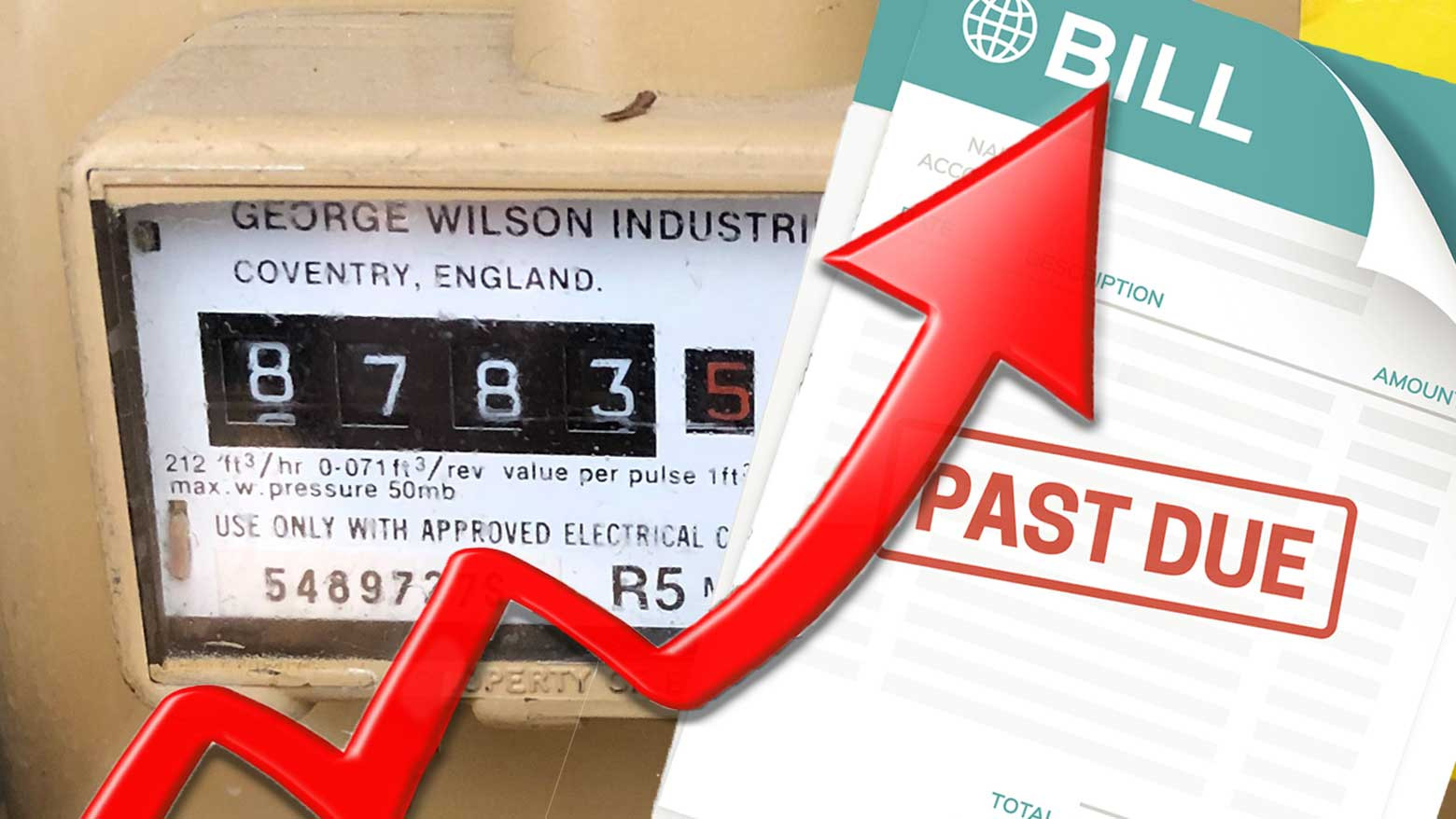In April, British energy regulator Ofgem increased its price cap by 54 percent to reflect rising costs for suppliers. The London City Hall website says this means most people will pay around 700 pounds — or 895 dollars — more per year for gas and electricity.
The regulator sets the cap every six months to protect customers from wholesale price volatility. This latest increase has been intensified by the Russian invasion of Ukraine.
Prices around the world have skyrocketed, forcing Ofgem to raise the cap even though Britain gets only about 4 percent of its gas from Russia.
The crunch is also making everyday goods a lot more expensive for people in the country. A survey by the Office for National Statistics indicates that around 9 in 10 adults in the UK reported an increase in their cost of living over the previous month in March. The most common reasons cited were increases in the price of food (88%), gas or electricity bills (83%), and fuel (77%).
Hannah Slaughter, senior economist at think tank Resolution Foundation, says prices for staple foods are rising at the fastest rate in 40 years, putting many people at risk of falling below the breadline.
"Since prices are rising so quickly, there's not enough to help maintain the living standards of people on the very lowest incomes," she says. "We've calculated that there will be a further 1.3 million people pushed into poverty, and half a million of those are children."

More people at food banks
London-based charity Dad's House is also feeling the effects. The organization hosts a food bank and has seen a marked increase in the number of guests. During the week when Russia launched its invasion, 350 people visited Dad's House. Roughly a month later, the number had increased by around 20%.

"It's getting expensive," said a mother of two. "Bread, milk, eggs. I can't cook every day to save gas, so I decide which days to cook and which to not."
"It's stressful, honestly," said another mother of three. "This life is to enjoy, to live, not to think about how to survive."
Billy McGranaghan, founder and CEO of Dad's House, says the rise in prices is forcing previously comfortable families to seek support.
"The reality is that people are having to choose between heating or eating," he says. "Parents go without food, and they'll give it to their children. Some of the clients who used to donate, they actually come to Dad's House now."

Calls for coordinated efforts
Leading international organizations say the problem must be addressed before it's too late. The chiefs of the World Bank, International Monetary Fund, World Food Programme, and World Trade Organization issued a joint statement last month warning that millions more would be pushed into poverty if prices were allowed to rise any further.
"We call on the international community to urgently support vulnerable countries through coordinated actions ranging from emergency food supplies, financial support, increased agricultural production, and open trade," says the statement.
But with Russia's invasion looking set to drag on, such actions may not be enough to prevent prices from continuing to rise. A higher cost of living could become a long-term reality for families across Britain.
"Commodity markets are experiencing one of the largest supply shocks in decades because of the war in Ukraine," said Ayhan Kose, Director of the World Bank's Prospects Group.
"The resulting increase in food and energy prices is taking a significant human and economic toll — and it will likely stall progress in reducing poverty."

